Our research efforts are mainly devoted to exploring advanced computational theory and leading techniques to revolutionize functional product design procedure, and to advance the development of cutting-edge intelligent geometric computation and physical simulation theory, algorithms and techniques. This is mainly being achieved via developing the next generation intelligent CAD kernel to avoid the limitations of convetional industrial CAD softwares including, intensive CAD model fixing, cleaning-up, meshing, reconstruction and huge computional efforts. This fundamental and focused research area lies in between research directions on: geometry computing, computational mathematics and computational physics, artificial intelligent and parallel computings. The research topic particularly covers: intelligent 3D generative design, next CAD kernel, error-tolerant engineering analysis, mega-scale micro-structure design. The research has turned out more than 60 publications in leading international publications, including JCAD, ACM TOG, IEEE TVCG, CMAME, IJNME, JCP etc, and has found wide industrial applications in various national industrial applications. The researches are supported by projects from NSFC, the Ministry of Science and Technology and leading industrial parteners.

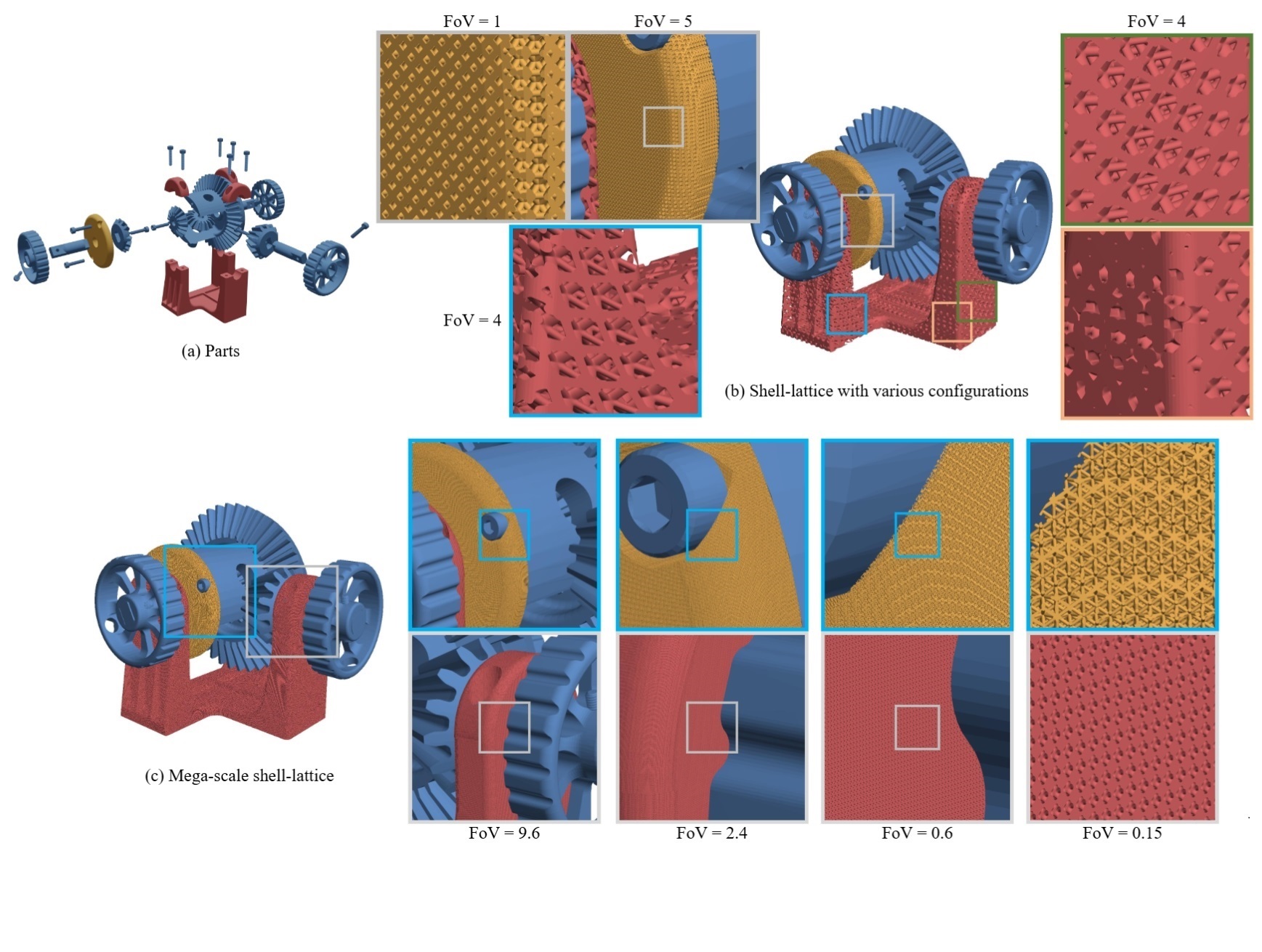
Augmented sphere tracing for real-time editing mega-scale periodic shell-lattice structures
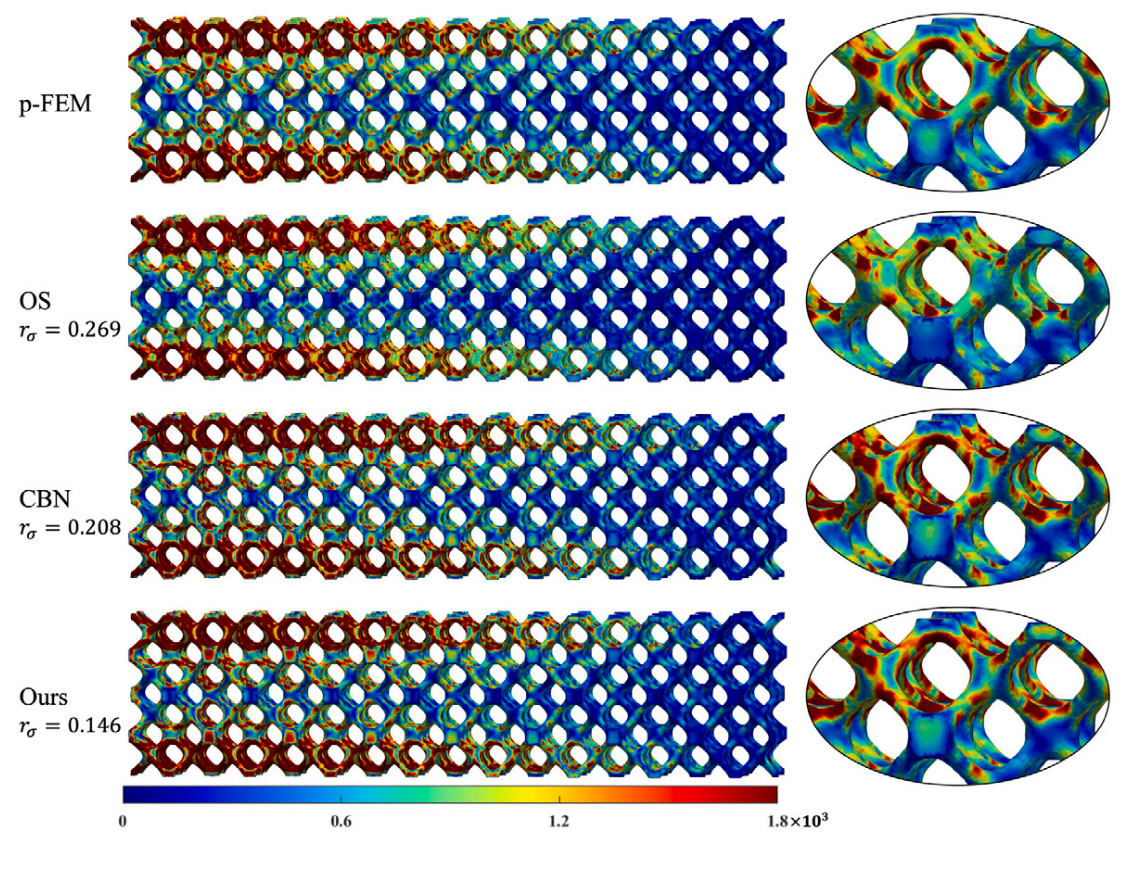
Coarsened C1 shape functions using B-spline patches for simulating ...
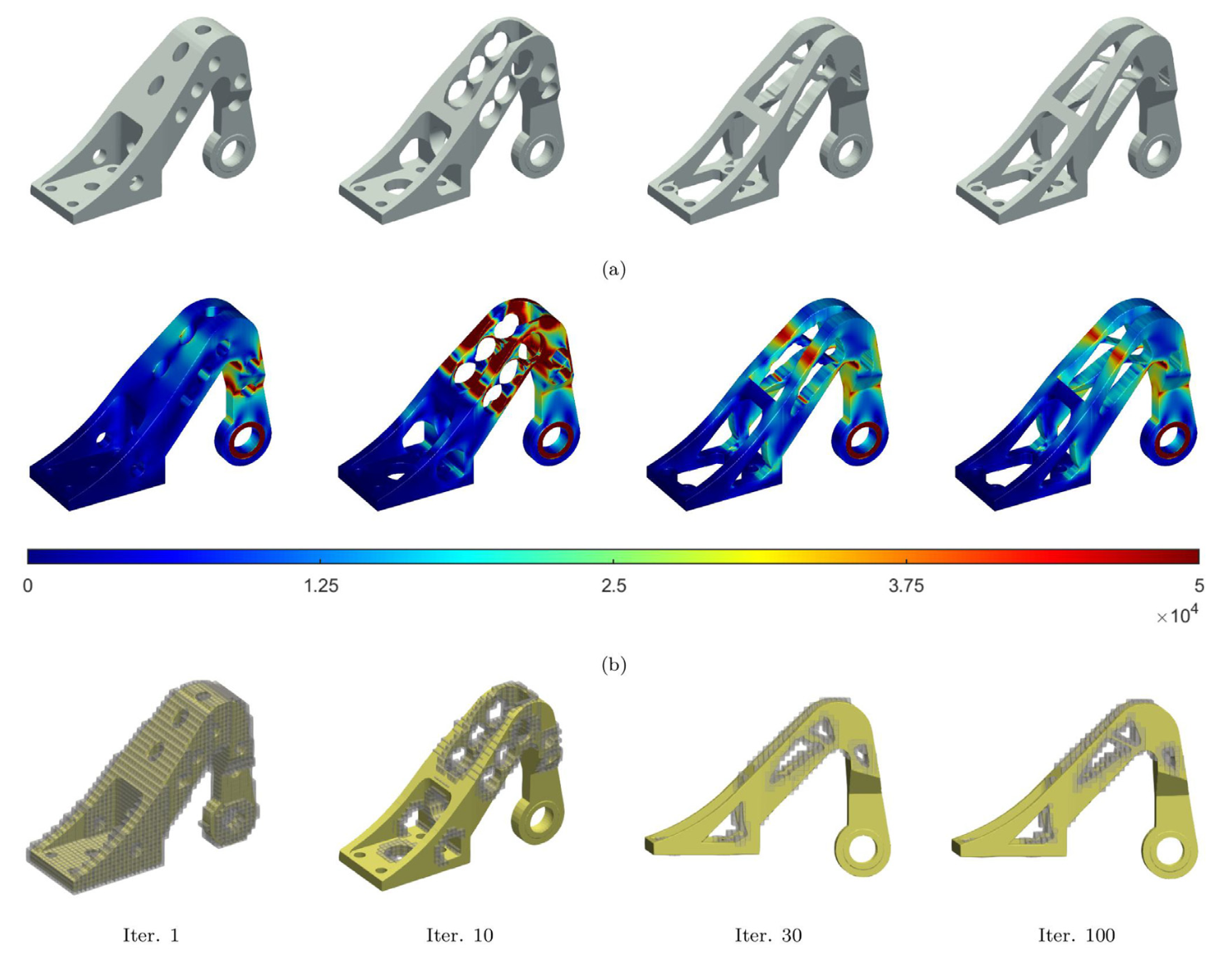
XVoxel-Based Parametric Design Optimization of Feature Models.
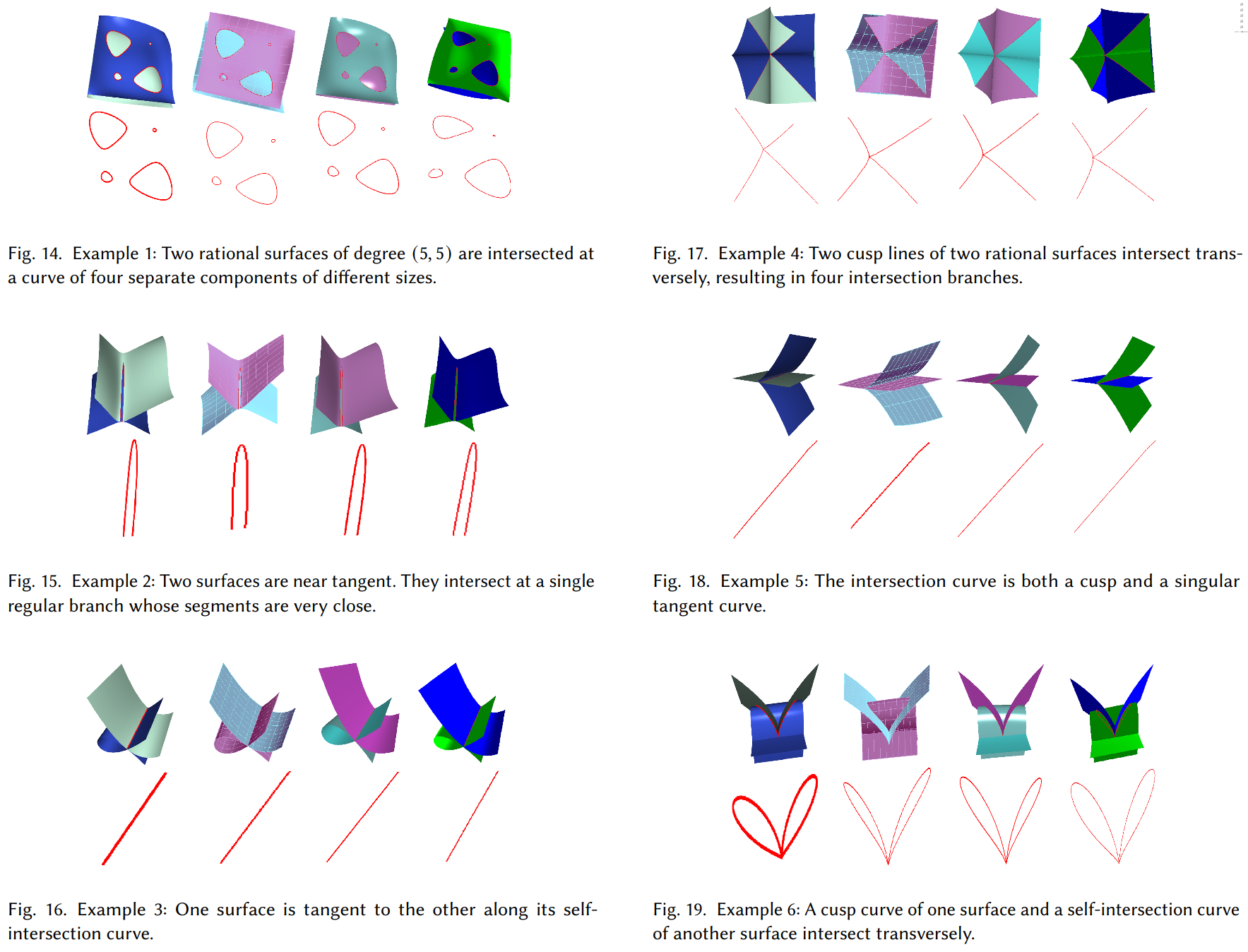
Topology-driven approximation to rational surface-surface intersections
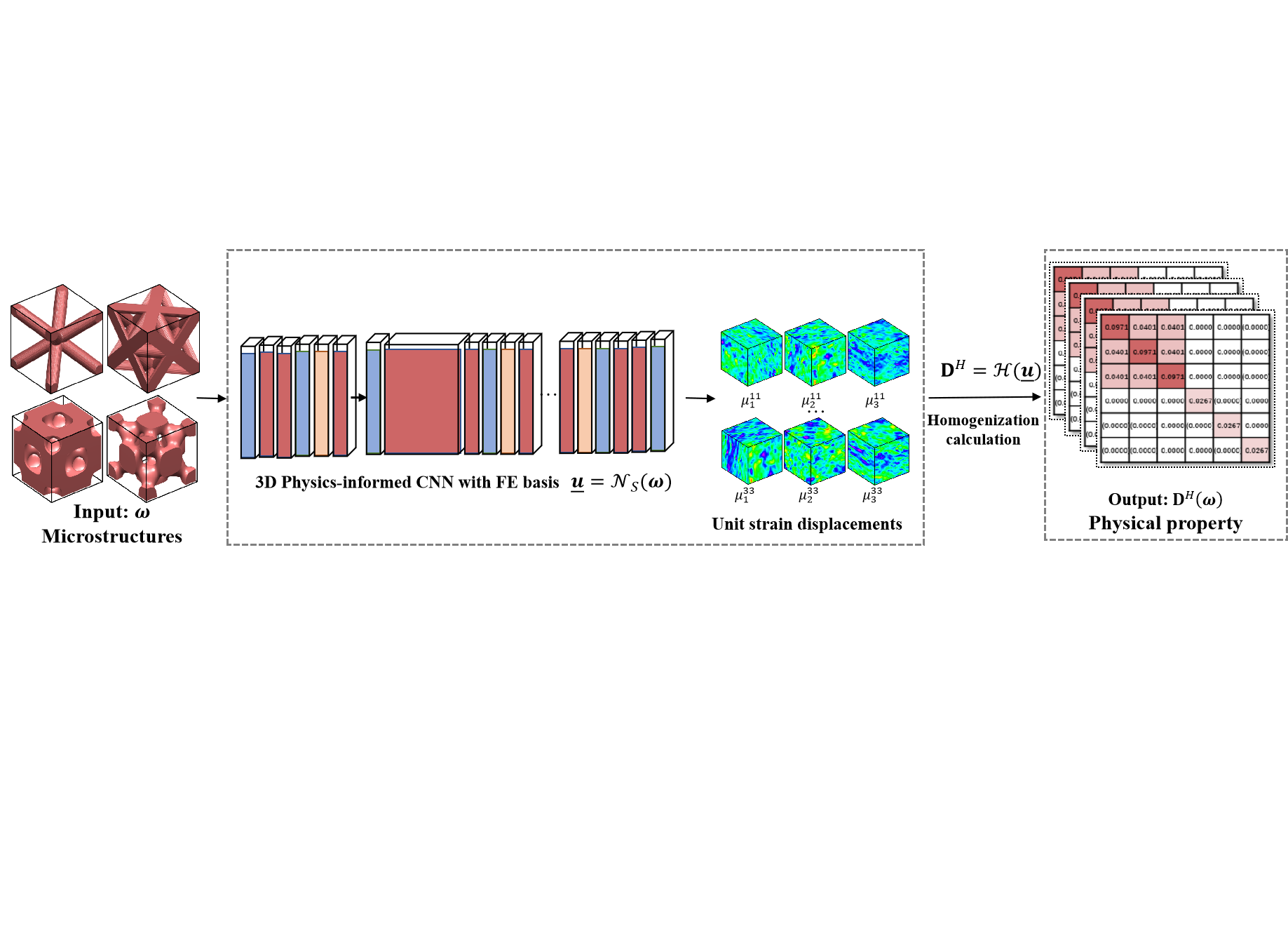
Learning Microstructure-property Mapping Via Label-free 3D Convolutional Neural Network

Explicit Topology Optimization of Voronoi Foams.
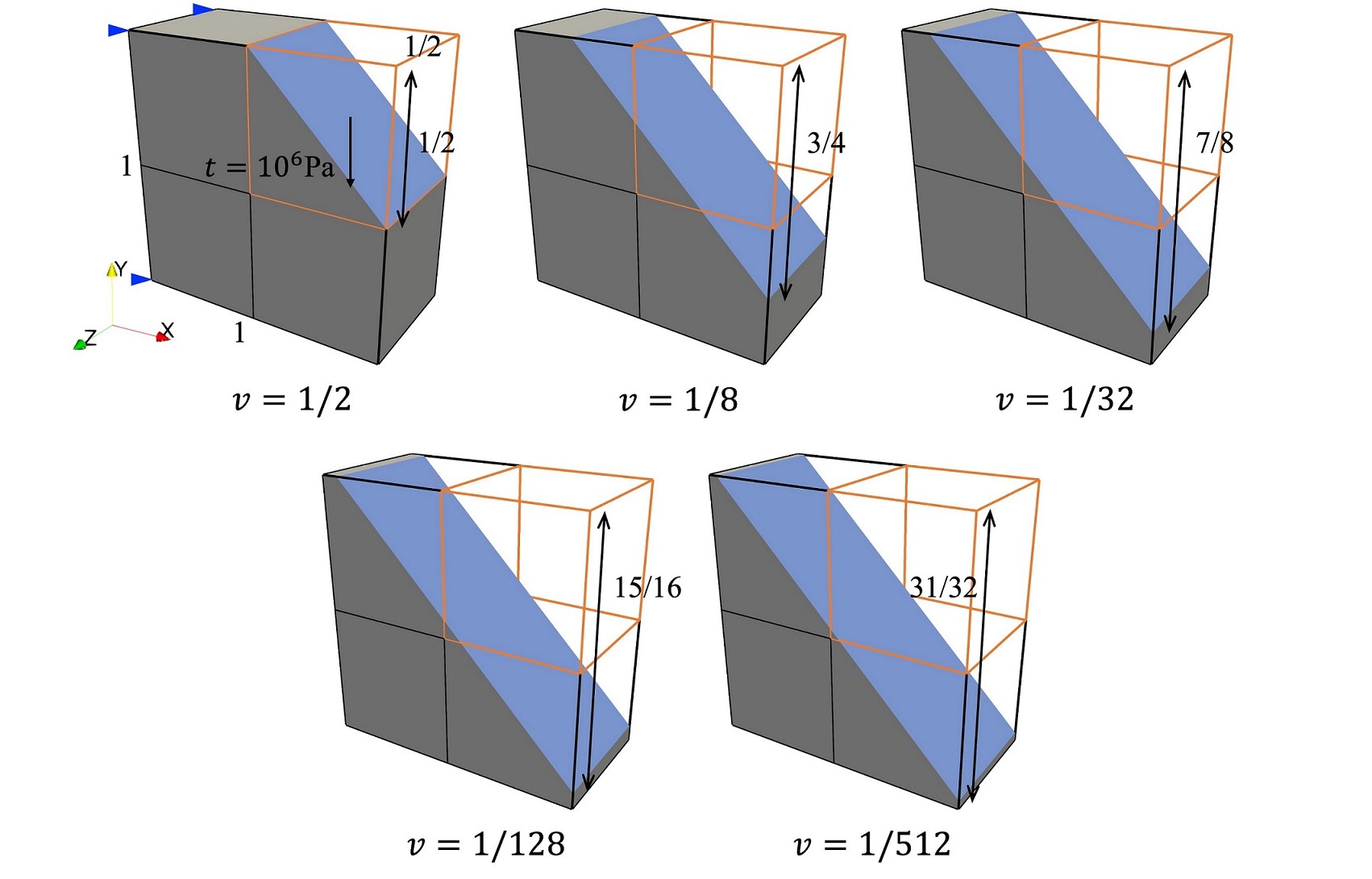
Conditioned Numer. Shape Func. on Unfitted Reduced Coarse Elements for Robust Analy. of Complex Solid Structures.
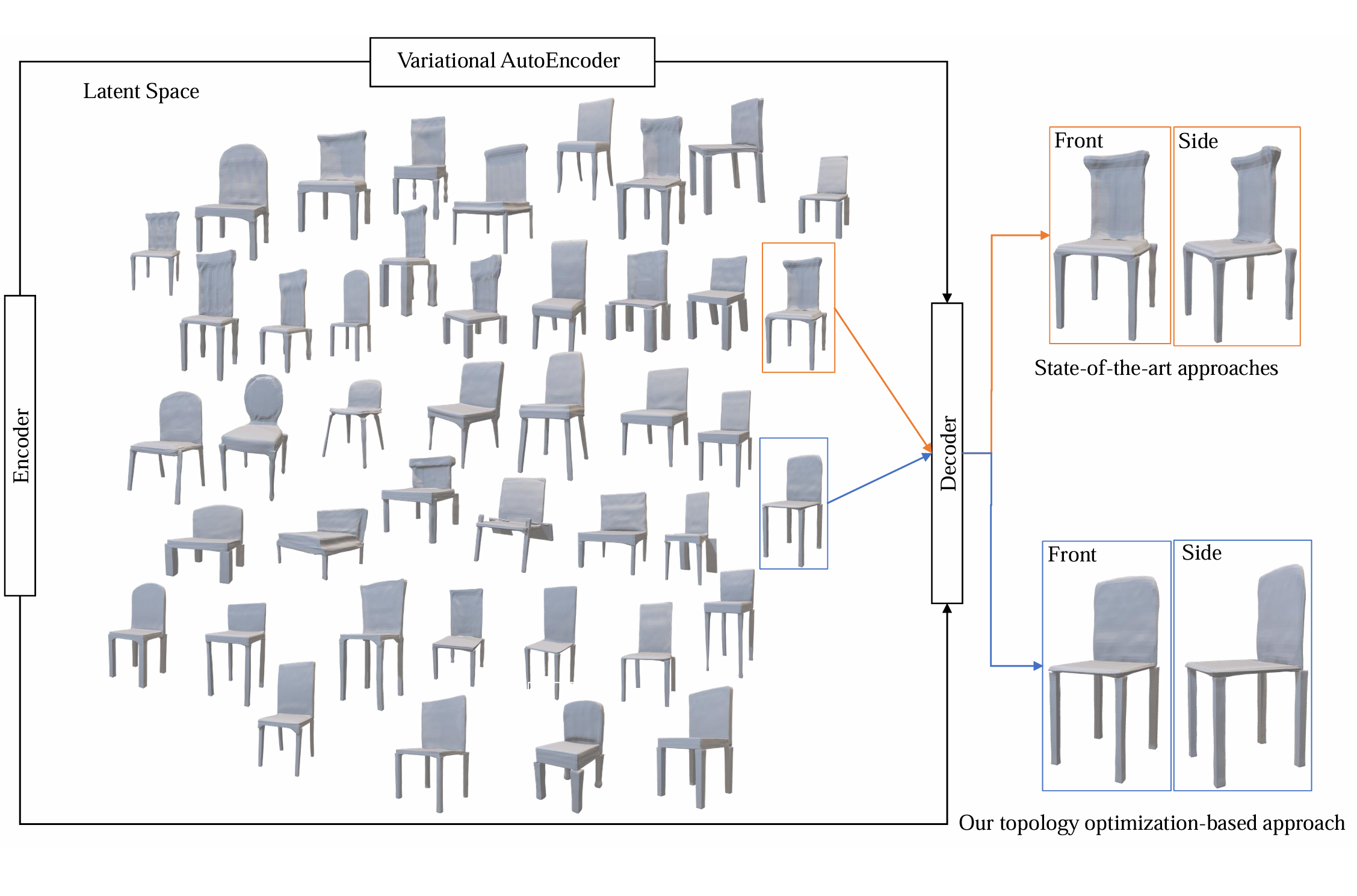
Physically reliable 3D styled shape generation via structure-aware topologyotimization in unified latent space

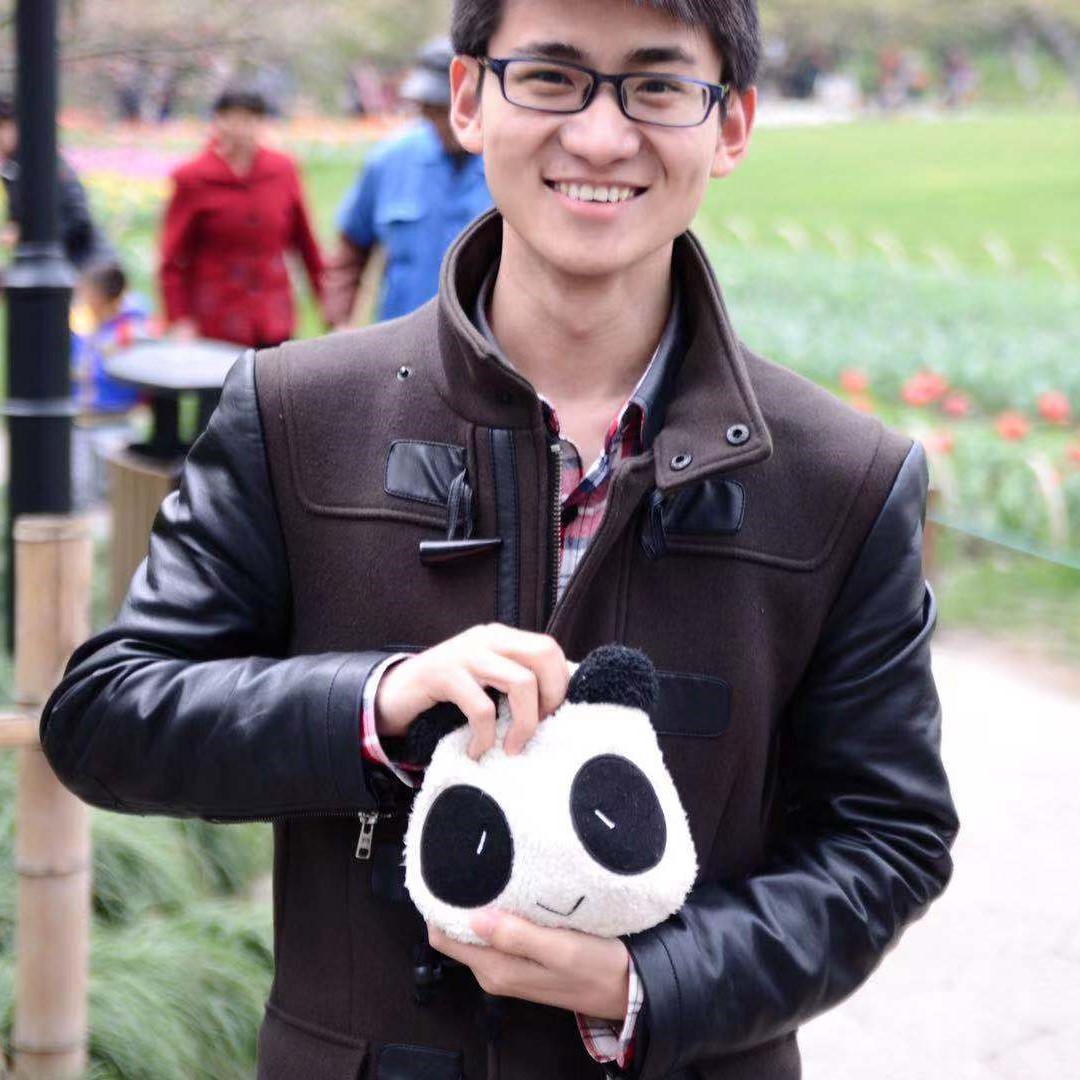

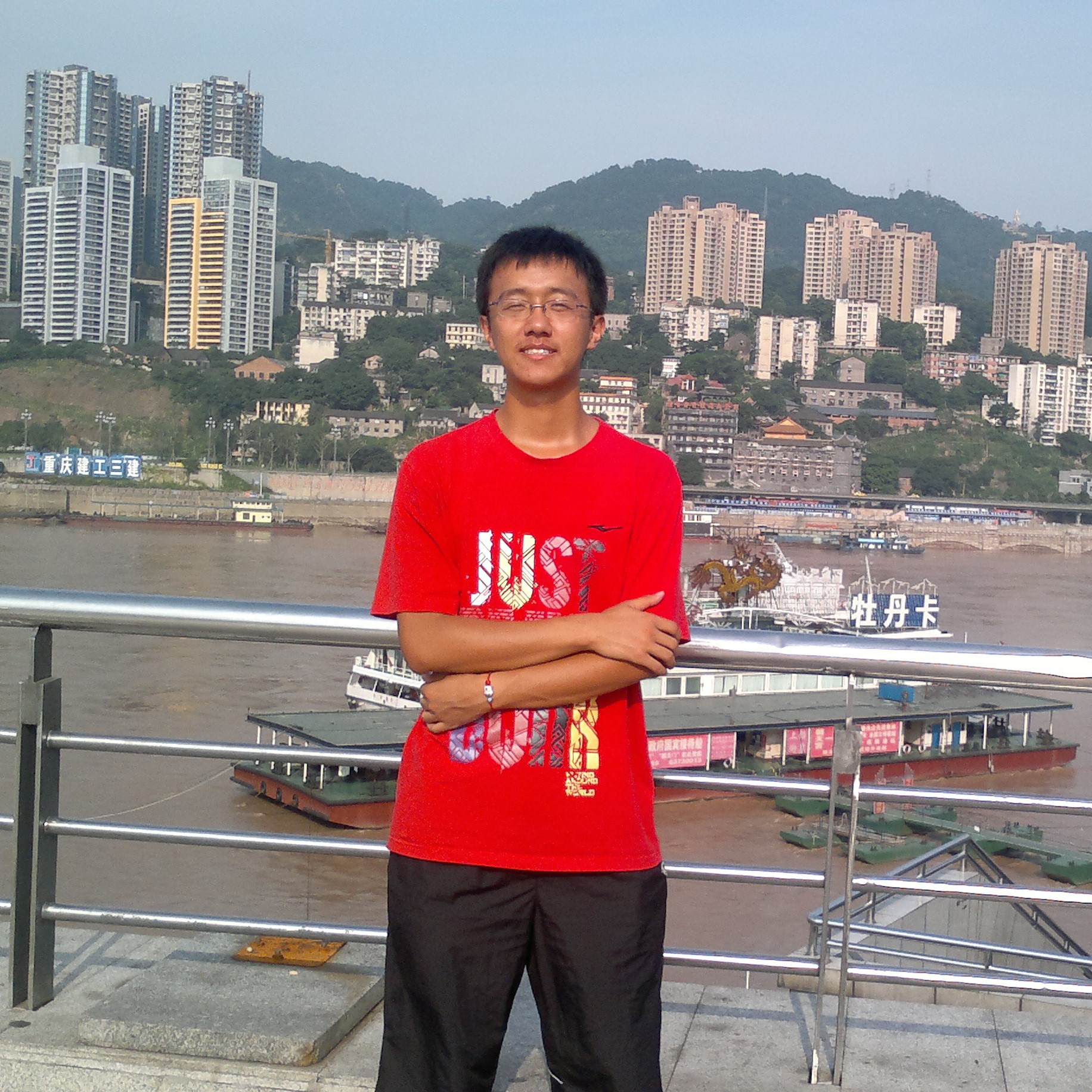

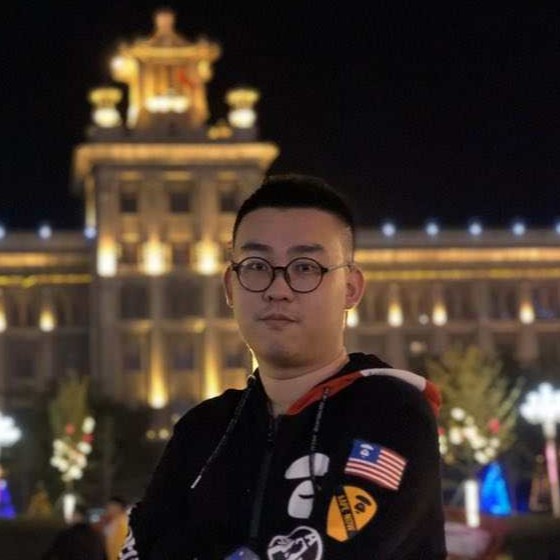


Students interested in the next generation techniques for industrial design, including intelligent design, deep learning, CAD, physics simulation, large modeling and computing, and addictive manufacturing, are welcome to apply for graduate studies. Applicants are required to have experience in computer programming or numerical computing methods.